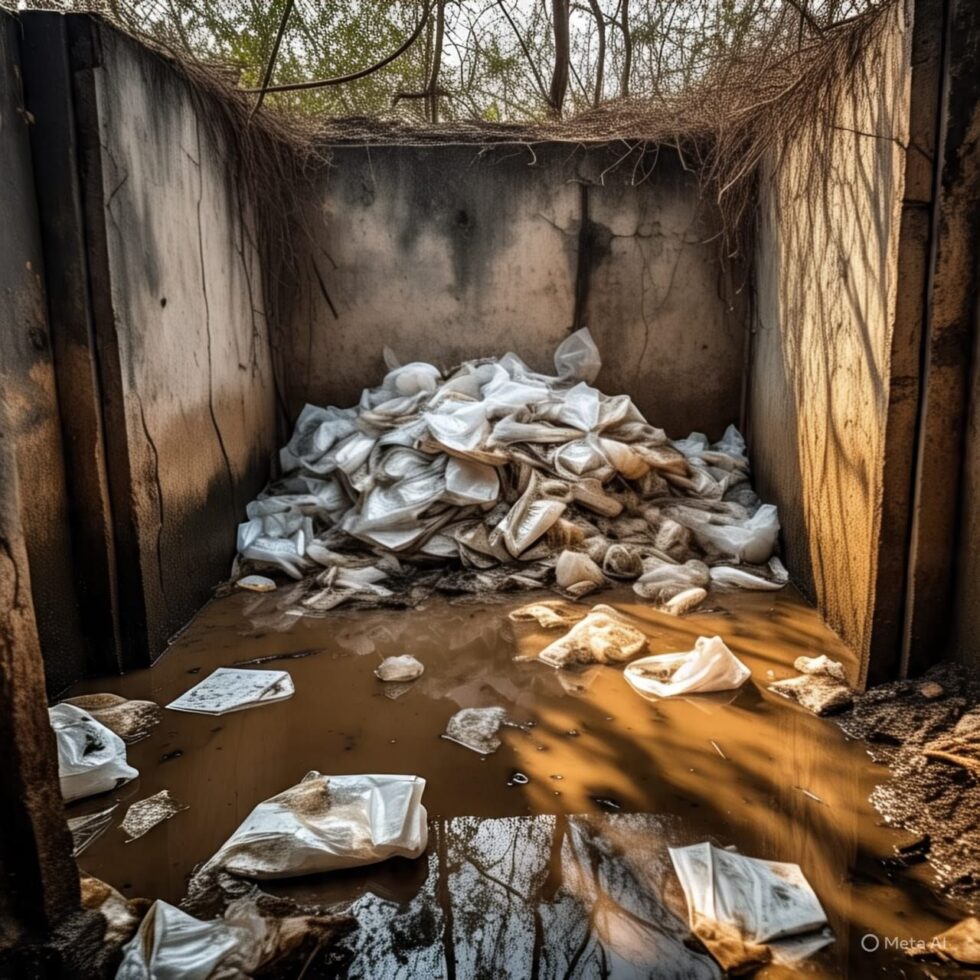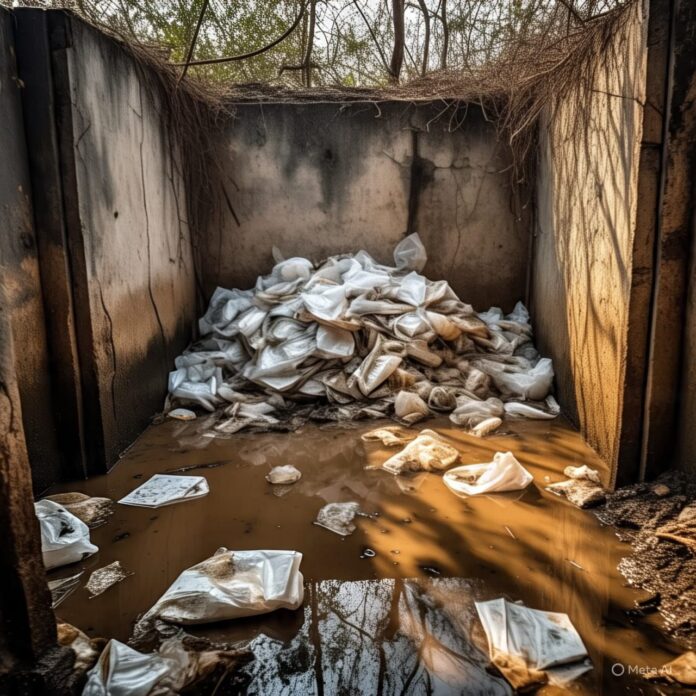By Jones Gadama
As the world commemorates World Environment,Malawi joins the global community in highlighting the urgent need to address one of the most pressing environmental issues of our time: plastic pollution.
This year’s theme, “#BeatPlasticPollution,” resonates deeply with Malawi’s own struggles to manage plastic waste and protect its natural resources.
Plastic pollution has become a major environmental concern in Malawi, with plastic waste clogging the country’s rivers, lakes, and wetlands. The Shire River, a vital waterway that flows through the country, is particularly vulnerable to plastic pollution, with plastic bottles, bags, and other debris harming aquatic life and contaminating the water supply.

The impact of plastic pollution on Malawi’s environment and economy is significant.
Plastic waste clogs drainage systems, causing flooding and damage to infrastructure. It also harms wildlife, with animals ingesting plastic debris or becoming entangled in plastic waste.
Furthermore, plastic pollution affects the country’s agricultural sector, with plastic waste contaminating soil and water, and ultimately impacting crop yields and food security.
To combat plastic pollution, Malawi needs to adopt sustainable practices that reduce plastic use and promote recycling. One approach is to implement a circular economy model, where plastic waste is designed out, and materials are kept in circulation through recycling, reuse, and reduction.
This approach requires a fundamental shift in the way businesses operate, with companies prioritizing sustainability and environmental stewardship.
In Malawi, community-led initiatives are playing a crucial role in the fight against plastic pollution. Local groups, such as the Malawi Environmental Endowment Trust, are working tirelessly to promote environmental conservation and reduce plastic waste.
These initiatives not only raise awareness about the impacts of plastic pollution but also empower communities to take action and demand change.
The Malawian government has also taken steps to address plastic pollution. In 2015, the country introduced a ban on the manufacture, importation, and sale of thin plastic bags.
While this move was a step in the right direction, more needs to be done to address the scale and complexity of the plastic pollution problem.
As Malawi commemorates World Environment Day, it is clear that a concerted effort is needed to address the country’s plastic pollution crisis. Individuals, businesses, and government must work together to reduce plastic use, increase recycling, and promote sustainable practices.
This can be achieved through a range of solutions, including reducing plastic use, increasing recycling, promoting sustainable practices, and community engagement.
For example, individuals and businesses can reduce their plastic use by opting for reusable bags, water bottles, and other products. Malawi also needs to develop a robust recycling system that collects and processes plastic waste.
Businesses can adopt sustainable practices, such as using biodegradable packaging and reducing plastic waste in their operations.
Community-led initiatives can raise awareness and empower communities to take action against plastic pollution.
By working together, we can reduce plastic waste, promote sustainable practices, and create a healthier environment for all. In conclusion, World Environment Day is a call to action for Malawi to address its plastic pollution crisis.
The country needs to adopt sustainable practices, reduce plastic use, and promote recycling to protect its environment and economy.
By working together, we can create a cleaner, healthier, and more sustainable environment for all Malawians.



